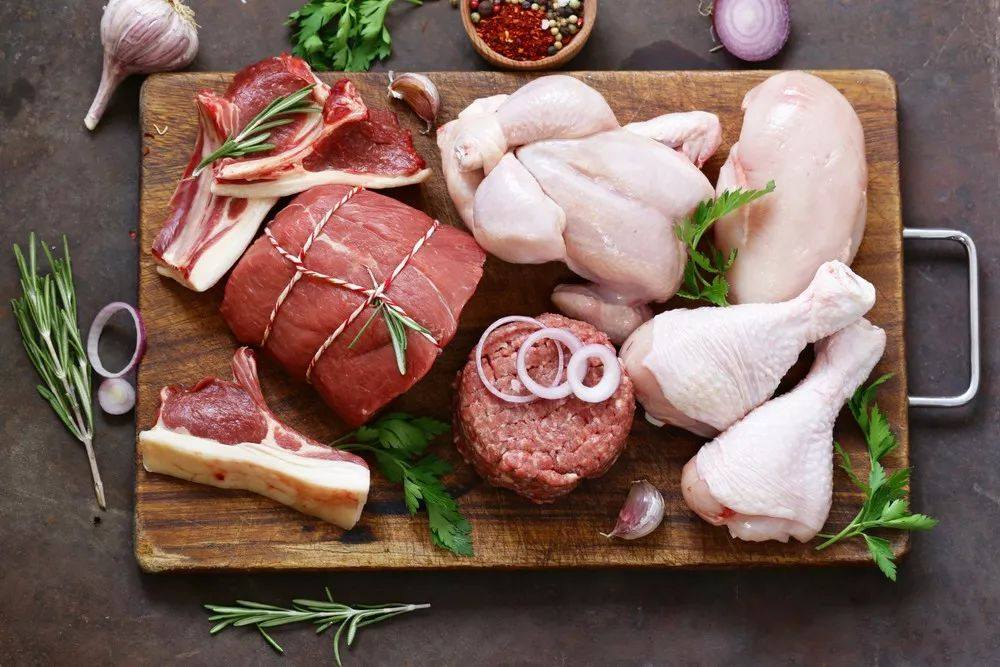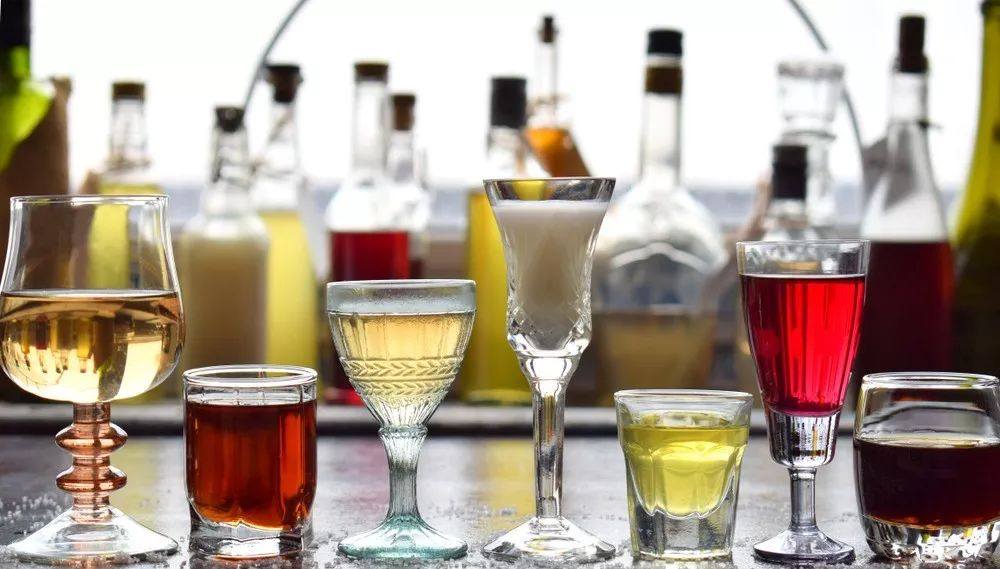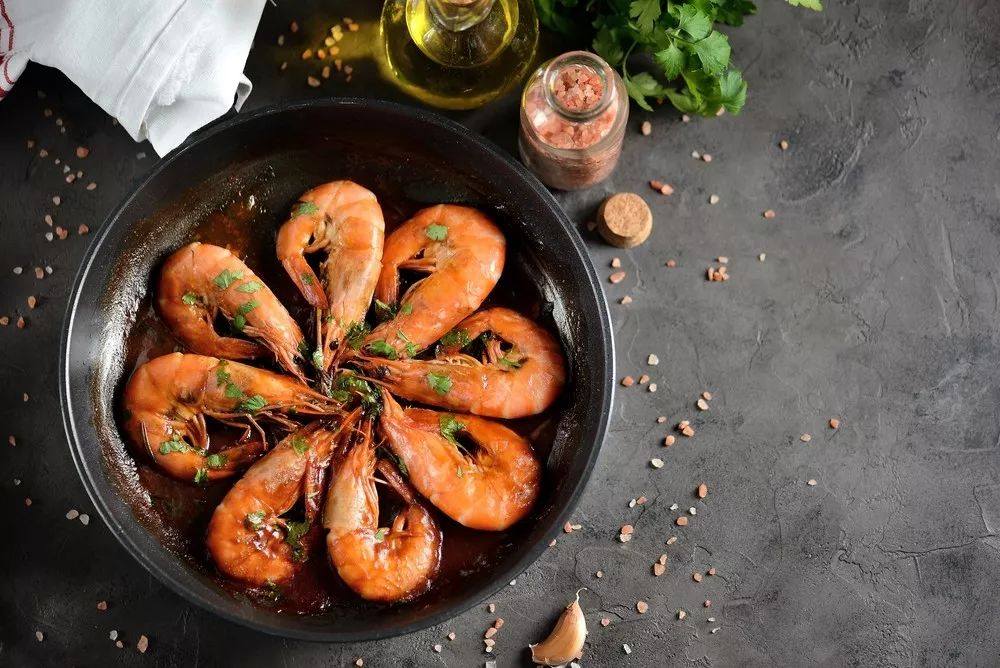
The autumn wind is blowing and the crab is yellow and fat. It is a good time to eat crabs again, but for most expectant mothers who are pregnant, they are only greedy.
From the beginning of pregnancy, all kinds of taboos have come, especially in the matter of [eating]. This one cannot be eaten and that one cannot be touched. It seems that if one bite is not eaten correctly, the baby in the belly will have problems.
What are the really dangerous foods for pregnant women?
How many true and how many false are the so-called [taboos]?
Today, we invited Dr. Tian Tai to give us a detailed explanation.
Really dangerous food
1. Raw or undercooked food
The most common are all kinds of half-baked beef, eggs, shellfish and sashimi.
These foods that have not been thoroughly cooked are likely to be contaminated by bacteria, parasites, etc. Pregnant mothers will bring danger to themselves and their babies if they eat them. In serious cases, they may even lead to fetal death in the uterus.
Therefore, even if you like to eat half-baked steak very much, even if sashimi is your favorite, if you are pregnant with a baby, you should try to avoid these.
Hold on, when this year passes, these delicacies will still be yours.

2. Unsterilized milk and dairy products
Pregnant mothers can rest assured that the milk that can be bought in supermarkets is pasteurized or disinfected at high temperature. As long as it is properly stored, they can drink it safely.
What is easy to be ignored is the kind of soft cheese sold in imported supermarkets. Some countries use raw milk that has not been pasteurized. When buying soft cheese, it is necessary to see whether the milk or goat’s milk on the ingredient list has been disinfected.
3. Alcohol
Whether you are drinking what wine, Hongxing Erguotou or Remy Martin XO; No matter how much you drink at ordinary times, or whether you are not drunk after a thousand cups, since you are a pregnant mother, you’d better not drink or touch a drop.
Alcohol is not only not a nutrient needed during pregnancy, but also a teratogenic substance with evidence.
Although the specific teratogenic dose has not yet been determined, why do you drink such a thing that has no benefits at all?

Having said that, how can we eat the food that we can’t eat?
In fact, a good diet during pregnancy is based on one principle-
Let the pregnant woman eat what she likes to eat.
This sentence looks like nonsense, but most of the time we just overemphasize [nutrition] and neglect the appetite of pregnant mothers.
Some family members are especially anxious. They always feel that pregnant mothers are not very interested in the good things recommended by doctors and are always worried that nutrition cannot keep up with them.
Pregnant mothers are no longer children and generally do not suffer from severe partial eclipse. They just have their own taste preferences.
If you don’t like to eat, eat less. Food is not medicine and there is no irreplaceable. If you don’t like steamed bread, you can eat rice. There are so many kinds of food in China, why should you place too much emphasis on one?
Especially during early pregnancy, many people will have nausea and vomiting. At this time, you don’t have to pay too much attention to the balance of nutrition. It is already a victory to eat it. It is most important to pick up what the pregnant mother likes to eat and make something to suit her appetite.
If you really want to say anything to pay attention to…
1. People are omnivores, and pregnant mothers are no exception.
The key to diet lies in miscellaneous and balanced nutrition. It does not mean that if the doctor recommends what to you, you will only eat what, and if you do not recommend it, you will not touch it.
The food recommended by doctors usually contains many kinds of nutrients and is in great demand during pregnancy.
For example, fish and shrimp, meat and eggs are rich in high-quality protein and trace elements and are relatively easy to absorb. There are also fresh fruits and vegetables, which can provide trace elements and vitamins. In addition, coarse grains, such as corn, sweet potatoes and grains, can provide more trace elements and help ensure smooth defecation of pregnant mothers.
In a word, under the condition that the mother can accept it, she does not need to be particularly biased towards certain foods. She can eat whatever she can. Balanced nutrition is the most important thing.

2. Remember to eat more and don’t forget to eat less.
Eating less and eating more is an important principle of diet during pregnancy. Pregnant mothers can eat five or six meals a day. However, many people just do [eat more] instead of [eat less].
Eating less and eating more can reduce the burden on the digestive system, which is like letting you run 1,000 meters at one go and panting, but if you run only 200 meters in 5 times, it will be much easier.
This is almost what it means to eat less and eat more, but the total amount cannot be increased by [eating more].
However, many people have a good appetite in the middle and late stages of pregnancy. They eat every meal as usual, even if their appetite increases, and then they will add some fruits and the like.
In this way, I eat several meals a day, but the amount of each meal is not controlled, so I can’t [rub] up my weight.
A legendary [taboo]
Pregnant cannot eat hawthorn, crab, spicy, longan and litchi, papaya and aloe, pepper, star anise, cinnamon and fennel in stir-fried dishes…
We always like to talk about all kinds of dietary taboos. After pregnancy, there are more kinds of statements.
In fact, during pregnancy, it should be emphasized that what you eat should be [miscellaneous], instead of deliberately emphasizing taboos. Saying too many unnecessary taboos will affect the nutrition balance.
Take crab and litchi as an example. I heard that eating crab and litchi will cause miscarriage? It can be said with great certainty that crabs and litchi will not cause miscarriage.
The most common cause of spontaneous abortion is embryo chromosome abnormality, and other main causes are mother’s physical causes, including anatomical structure abnormality of reproductive organs, autoimmune factors, infection factors and endocrine factors, etc.
To take a step back, if you eat a crab or litchi, you can miscarry. Then who is afraid of accidental pregnancy?
Those who became pregnant unexpectedly were afraid of surgery and wanted medicine flow. As a result, at least 10% of them failed to miscarry after taking medicine.
This is a problem that cannot be solved 100% by taking medicine directly. A kilo of litchi, two hairy crabs really can’t solve…
At the end of the day, there are many kinds of diet during pregnancy, and pregnant mothers should like to eat them, but they don’t have to eat a lot of each kind. No matter how good you eat, there will be problems.
